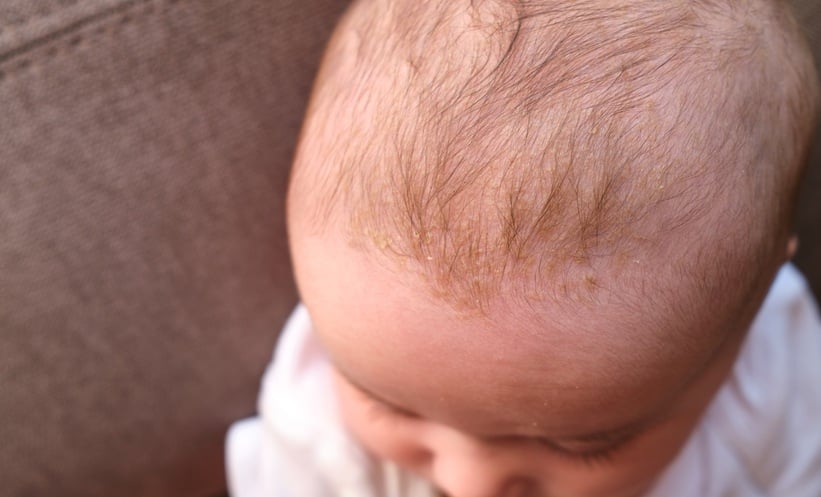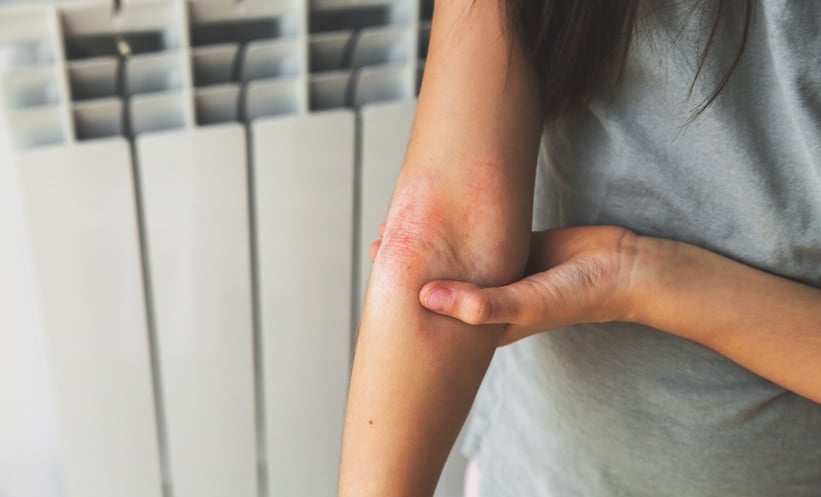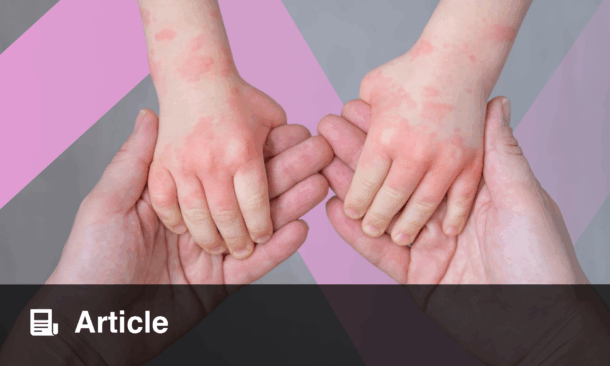Biologic Treatment Offers Faster Recovery in Pediatric GPP
CHILDREN with moderate-to-severe generalized pustular psoriasis (GPP) benefit significantly from biologic therapy. This is according to new research highlighting faster pustule clearance, shorter hospital stays, and lower recurrence rates compared with conventional treatments.
This retrospective cohort study analyzed 61 pediatric inpatients treated for GPP between 2017 and 2024. The condition, a rare and severe inflammatory skin disorder, was associated with systemic symptoms such as fever, pruritus, and skin pain in more than 90% of cases. Laboratory tests revealed elevated inflammatory markers including IL-6 and tumor necrosis factor-α (TNF-α), reflecting widespread immune activation.
Clinical Features and Common Comorbidities
The average age of onset was 10.6 years, with boys slightly more affected than girls. Frequent comorbidities included hypoproteinemia, anemia, and hyperlipidemia. Clinical presentations were similar among children with or without coexisting psoriasis vulgaris, indicating that disease severity may depend more on systemic inflammation than psoriasis subtype.
Biologics Outperform Traditional Systemic Drugs
Compared with traditional systemic therapies, biologic agents reduced the average hospital stay from eight to six days and halved the pustule clearance time from seven to three days. Biologic treatment also led to fewer adverse events and demonstrated a trend toward reduced annual disease flares (0 versus 0.3 per person-year). Importantly, recurrence occurred in only 21% of patients receiving biologics compared with 60% in those treated with traditional drugs.
Further proteomic analysis identified upregulated IL-17 pathways in affected children, explaining the enhanced therapeutic response to biologic agents targeting this mechanism.
Long-Term Implications for Pediatric Care
The findings underscore the growing role of targeted biologic therapies in managing pediatric GPP, offering improved safety, faster recovery, and greater long-term disease control. Clinicians treating children with severe GPP may consider biologic options earlier in the therapeutic pathway to minimize hospitalization and prevent recurrence.
Reference: Cao Z et al. Clinical Features, Treatment Effectiveness and Long-Term Outcomes in Children with Moderate-to-Severe Generalized Pustular Psoriasis: A Retrospective Cohort Study. J Inflamm Res. 2025;18:13787-13798.








